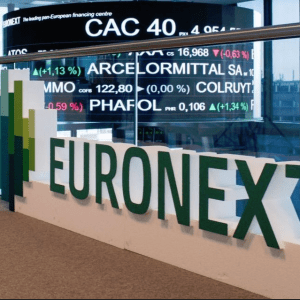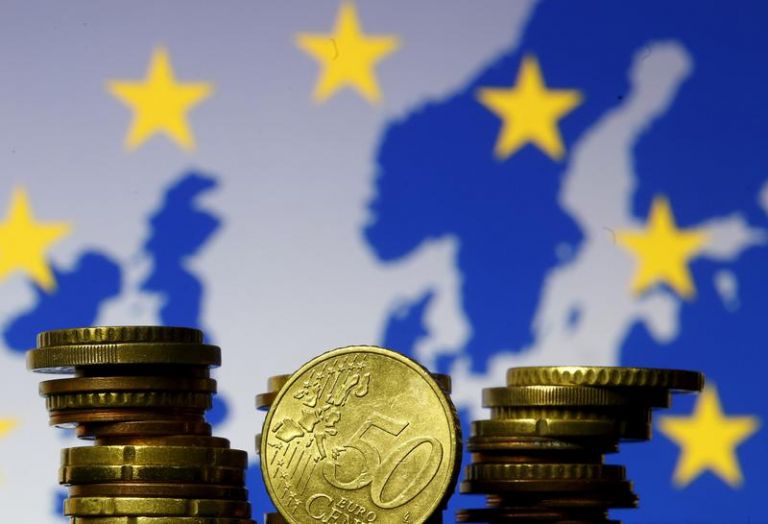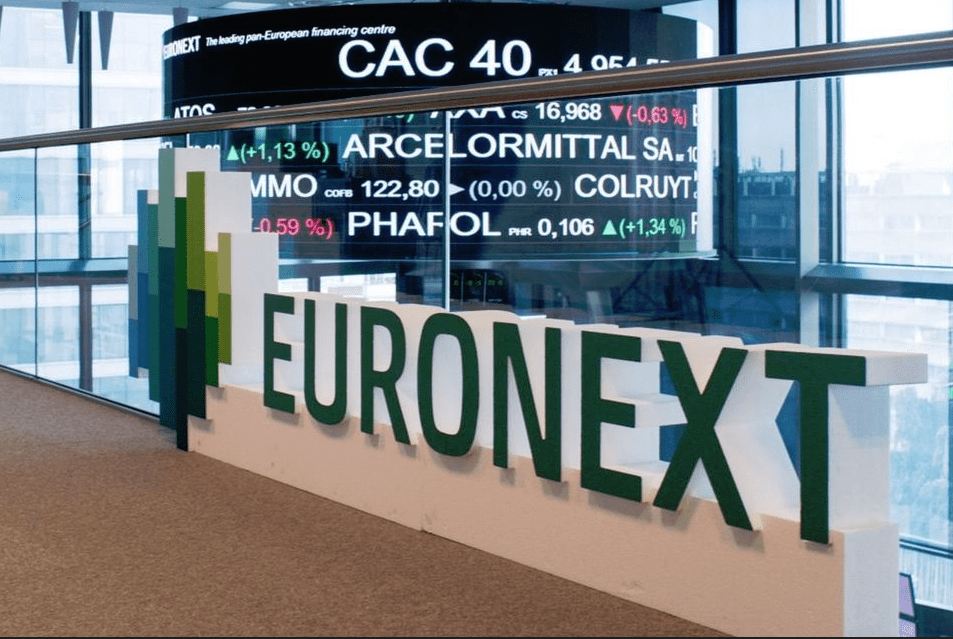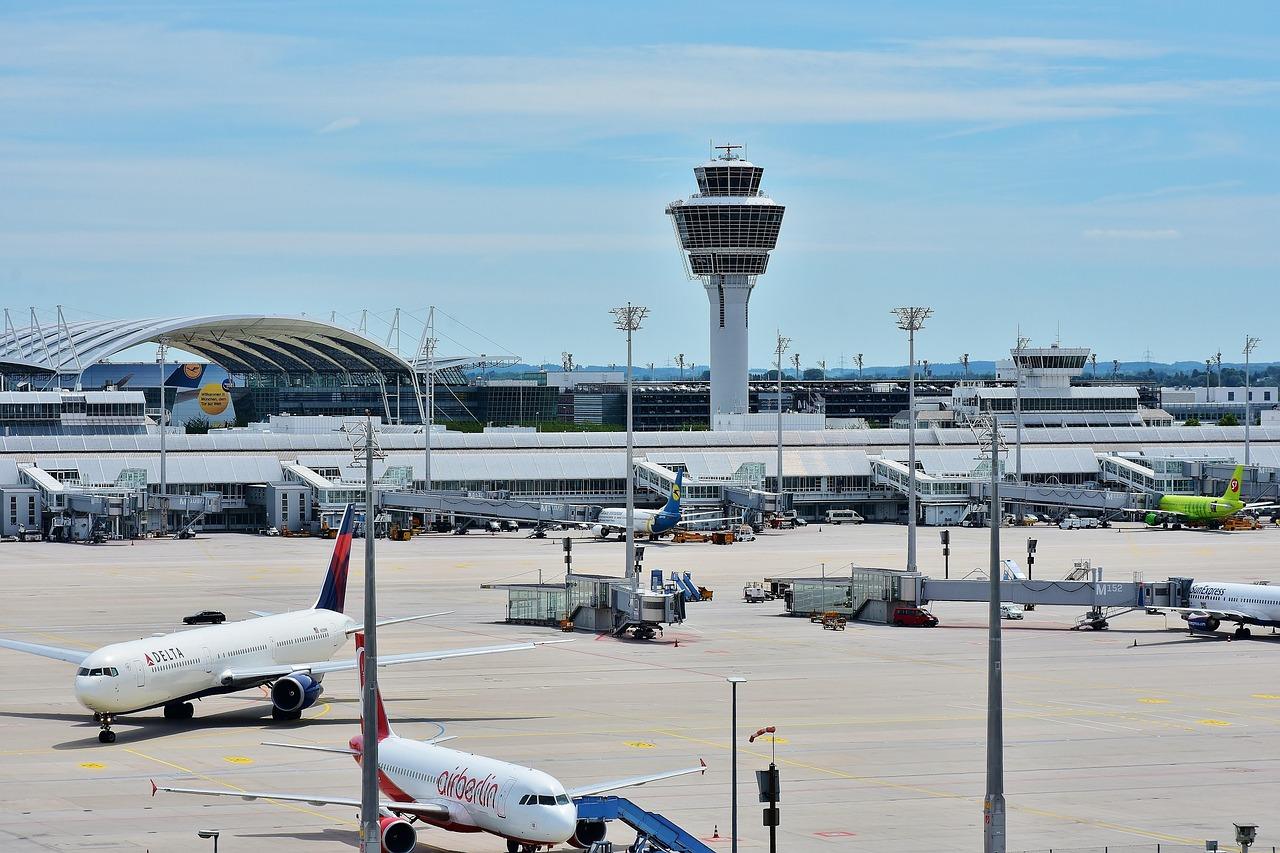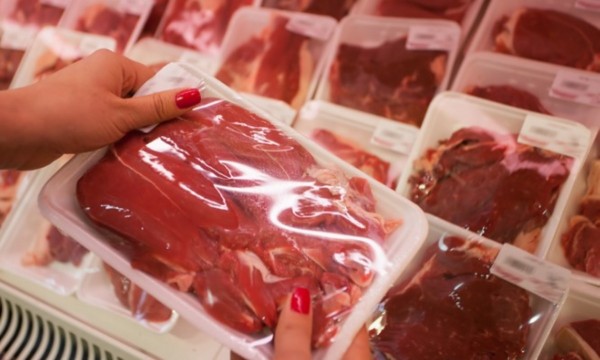According to the Bank of Greece, in April 2022, the current account deficit decreased year‑on‑year due to an improvement in the primary and secondary income accounts, as well as in the balance of services, which was partly offset by a deterioration in the balance of goods.
In the January‑April 2022 period, the current account deficit grew substantially year‑on‑year owing to a worsening of, primarily, the balance of goods and, secondarily, the primary income account, which was offset to a degree by an improvement in the balance of services and the secondary income account.
Current account
In April 2022, the current account showed a deficit of €1.6 billion, down by €456.1 million year‑on‑year.
A rise in the deficit of the balance of goods is accounted for by a larger increase in imports than in exports. Exports grew by 30.0% at current prices (and dropped by 4.1% at constant prices), while imports rose by 37.7% at current prices (13.0% at constant prices). In particular, non‑oil exports of goods grew by 18.2% at current prices (0.5% at constant prices) and non‑oil imports of goods rose by 24.3% at current prices (15.8% at constant prices).
An increase in the services surplus is, primarily, due to an improvement in the travel balance and, secondarily, in the transport balance, which was partly offset by a shift of the other services balance from surplus in April 2021 to deficit. Non‑residents’ arrivals rose by 884.3% and the relevant receipts by 1,000.5% year‑on‑year. The surplus of the transport balance increased on the back of an improvement in the sea transport surplus.
The deficit of the primary income account decreased year‑on‑year, mainly as a result of higher net receipts from other primary income. The secondary income account registered a surplus, against a deficit in the same month a year earlier, due to the improved general government balance, following the disbursement of the first tranche by the Recovery and Resilience Facility (RRF).
In the January-April 2022 period, the current account deficit recorded a large increase of €3.3 billion year‑on‑year and stood at €8.1 billion.
A rise in the deficit of the balance of goods is due to the fact that imports increased more than exports. In particular, exports grew by 31.4% at current prices (2.5% at constant prices) and imports increased by 45.1% at current prices (20.5% at constant prices). Specifically, non‑oil exports and imports of goods grew by 22.9% and 30.6%, respectively, at current prices (8.0% and 22.0% at constant prices).
A rise in the surplus of the services balance is mainly due to an improvement in the travel balance, as well as in the transport and other services balances. Non‑residents’ arrivals grew by 462.7% and the relevant receipts by 576.7% year‑on‑year, corresponding to 73.0% and 86.6% of the respective levels in 2019. Net transport receipts increased by 17.0%.
The surplus of the primary income account dropped year‑on‑year, mainly due to a decrease in net receipts from other primary income, while the secondary income account turned from deficit to surplus, as a result of higher general government net receipts.
Capital account
In April 2022, the capital account surplus grew to €1.0 billion, from €29.6 million in April 2021, mainly due το capital inflows from the RRF. In the January‑April 2022 period, the capital account surplus more than doubled year‑on‑year and stood at €913.4 million, owing to a rise in general government net receipts.
Combined current and capital account
In April 2022, the deficit of the combined current and capital account (corresponding to the economy’s external financing requirements) fell significantly to €584.4 million, from €2.0 billion in April 2021. In the January‑April 2022 period, the deficit of the combined current and capital account increased by €2.7 billion year‑on‑year and stood at €7.2 billion.
Financial account
In April 2022, under direct investment, residents’ external assets increased by €104.4 million and residents’ external liabilities rose by €594.1 million, without any remarkable transactions.
Under portfolio investment, an increase in residents’ external assets is almost exclusively attributable to a rise of €194.0 million in residents’ holdings of foreign bonds and Treasury bills. An increase in their liabilities is mainly due to a rise of €1.4 billion in non‑residents’ holdings of Greek government bonds and Treasury bills.
Under other investment, a small increase in residents’ external assets reflects a rise of €666.9 million in loans extended to non‑residents, which was almost entirely offset by a decrease of €615.0 million in residents’ deposit and repo holdings abroad. A decline in residents’ liabilities reflects a drop of €3.3 billion in non‑residents’ deposit and repo holdings in Greece (the TARGET account included) and, to a lesser extent, a €382.2 million drop in the outstanding debt to non‑residents (including an RRF loan inflow, as well as early repayment of IMF loans).
In the January‑April 2022 period, under direct investment, residents’ external assets increased by €239.5 million and residents’ external liabilities, which represent non‑residents’ direct investment in Greece, rose by €3.1 billion.
Under portfolio investment, a net rise in residents’ external assets is mainly due to an increase of €5.2 billion in residents’ holdings of foreign bonds and Treasury bills. A net increase in their liabilities is chiefly due to a rise of €2.5 billion in non‑residents’ holdings of Greek government bonds and Treasury bills.
Under other investment, a drop in residents’ external assets is due to a decline of €3.9 billion in residents’ deposit and repo holdings abroad, which was partly offset by a €1.6 billion statistical adjustment associated with the issuance of banknotes. A rise in residents’ external liabilities reflects chiefly an increase of €2.4 billion in non‑residents’ deposit and repo holdings in Greece (the TARGET account included), which was partly offset by a decline of €1.7 billion in the outstanding debt to non‑residents.
At end‑April 2022, Greece’s reserve assets stood at €11.5 billion, compared with €8.8 billion at end‑April 2021.










